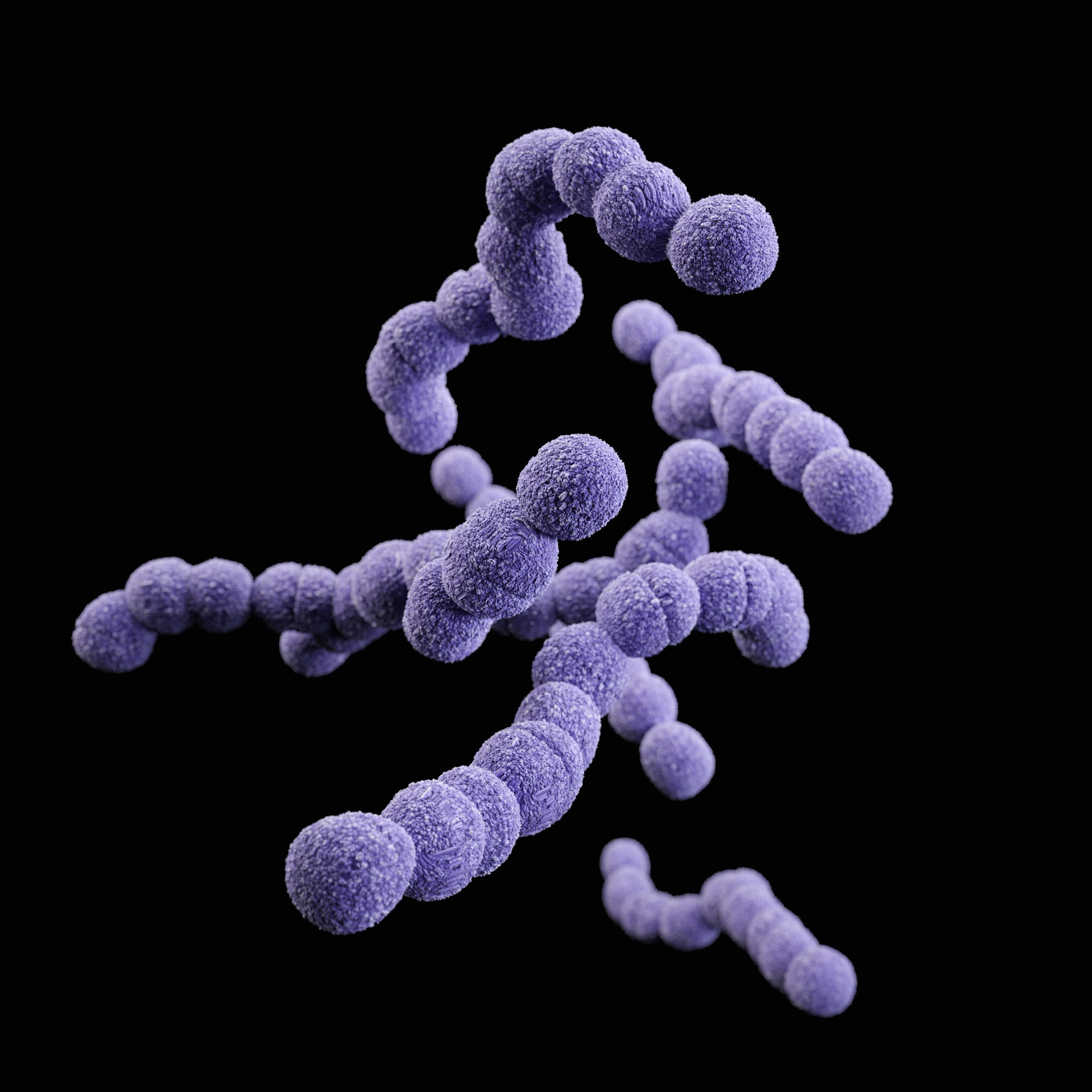Have you ever experienced food poisoning? It’s no secret that it can be a miserable and uncomfortable experience. But have you heard of Listeria? This sneaky bacterium is responsible for some of the most dangerous foodborne illnesses out there. In this blog post, we’ll take a closer look at the dangers of Listeria outbreaks – including symptoms, prevention tips, and treatment options. Whether you’re a foodie or simply someone who wants to stay safe in the kitchen, read on to learn more about this potentially deadly pathogen!
What is Listeria?
Listeria is a bacteria that can cause food poisoning. It is most commonly found in cold meats, processed foods, and soft cheeses. The symptoms of listeriosis include fever, muscle aches, diarrhea, and vomiting. If left untreated, listeriosis can lead to meningitis, sepsis (a life-threatening infection), or even death.
There are several ways to prevent listeriosis outbreaks: thoroughly cooking foods (including meat and poultry), washing hands often, and avoiding unpasteurized dairy products. If you become sick from listeriosis, speak to your doctor about treatment options. generally speaking, antibiotics will clear the infection and supportive care (such as hydration) will help improve symptoms.
What are the Symptoms of Listeria Exposure?
The symptoms of listeria exposure can vary depending on the person, but may include: severe headache, fever, muscle aches, stiff neck, diarrhea, and vomiting. If you are pregnant or have a weak immune system, you may experience more serious symptoms such as miscarriage, stillbirth, or a premature birth. Listeria can also cause nausea and abdominal cramps. If you experience any of these symptoms after consuming food or drink that has been contaminated with listeria bacteria, please see your doctor immediately. Prevention is key to avoiding listeria exposure; always make sure to cook meats thoroughly and avoid eating raw seafood. If you do become infected with listeria bacteria, treatment includes antibiotics and rest.
How can Listeria be Prevented from Entering Your Home?
Listeria can be prevented from entering your home in a few simple ways. Cleaning and sanitizing your kitchen and bathroom surfaces regularly, washing your hands often, and keeping food refrigerated or frozen will help to keep Listeria out of your home. If you do contract Listeria, seek medical attention as soon as possible. Treatment options include antibiotics and blood transfusions.
How can Listeria Be Treated if it is Already in Your Home?
If you think you may have contracted listeria, there are a few things you can do to prevent an outbreak. First, make sure to clean your kitchen thoroughly, especially if you have cooked food that has come into contact with raw meat or poultry. Second, avoid eating cold cuts and pre-packaged foods that may have been in close proximity to uncooked meats or poultry. Third, if you develop symptoms of listeria infection such as fever, muscle aches, headache, and flu-like symptoms, see a doctor immediately. Fourth, if you are pregnant or nursing, be particularly careful about eating foods that may contain listeria. Finally, if you think someone else may have contracted listeria and they show signs of infection (fever and muscle aches), please contact their health care provider right away.
Conclusion
As the winter holiday season draws near, many people are preparing to enjoy time with family and friends. However, this brings with it an increased risk of food-borne illness, which includes listeriosis. Listeriosis is a serious infection that can cause fever, muscle aches, diarrhea, and pneumonia. In pregnant women, listeriosis can lead to stillbirth or premature delivery. If you experience any of the following symptoms after eating food containing listeria bacteria, seek medical attention immediately: high fever (>101 °F), severe headache, confusion or seizures, stiff neck; if pregnant woman experiences these symptoms during her pregnancy she should see her doctor as soon as possible. There is no vaccine available for preventing listeriosis infections; however there are several prevention tactics that everyone can take to reduce their risk including cooking foods properly (low temperature hot hold for at least 2 hours), washing hands thoroughly before and after handling food, and avoiding cross contamination when dining out or grocery shopping. For those who do become infected with listeria bacteria – especially pregnant women and young children – treatment typically includes antibiotics and supportive care such as hydration. Thank you for reading! We hope that our article on the dangers of listeria outbreaks has helped you understand what this disease is and how to protect yourself from it. If you have any questions about the topic or anything else related to health care please don’t hesitate to contact us at support@hellobeauty101.com!




